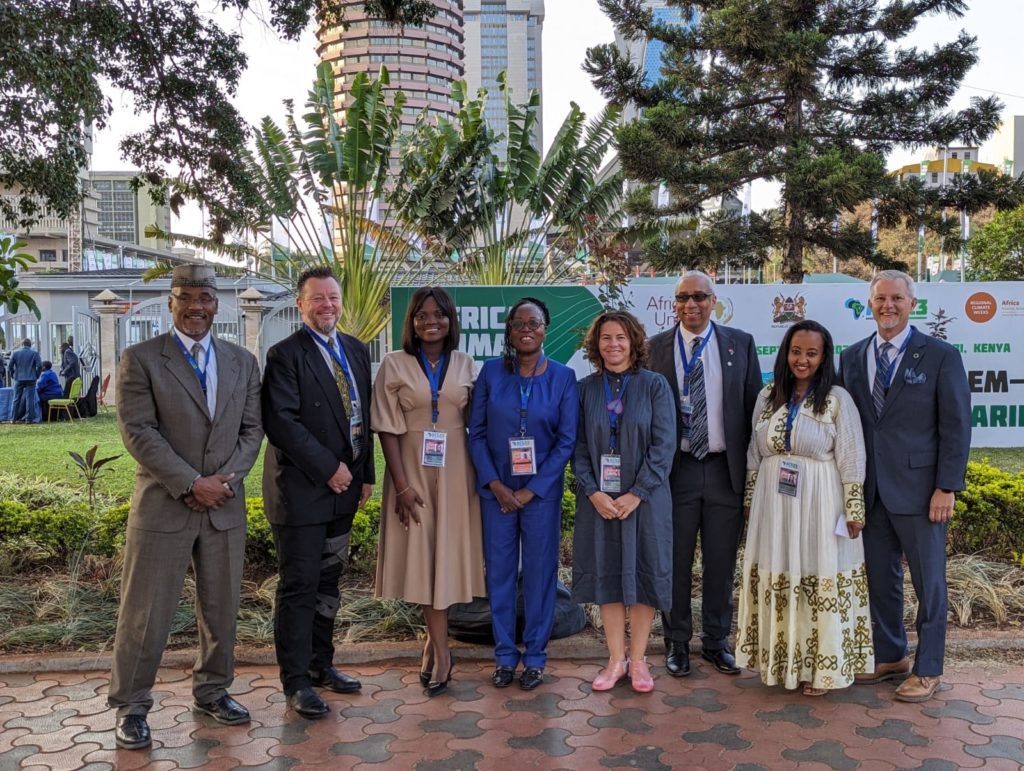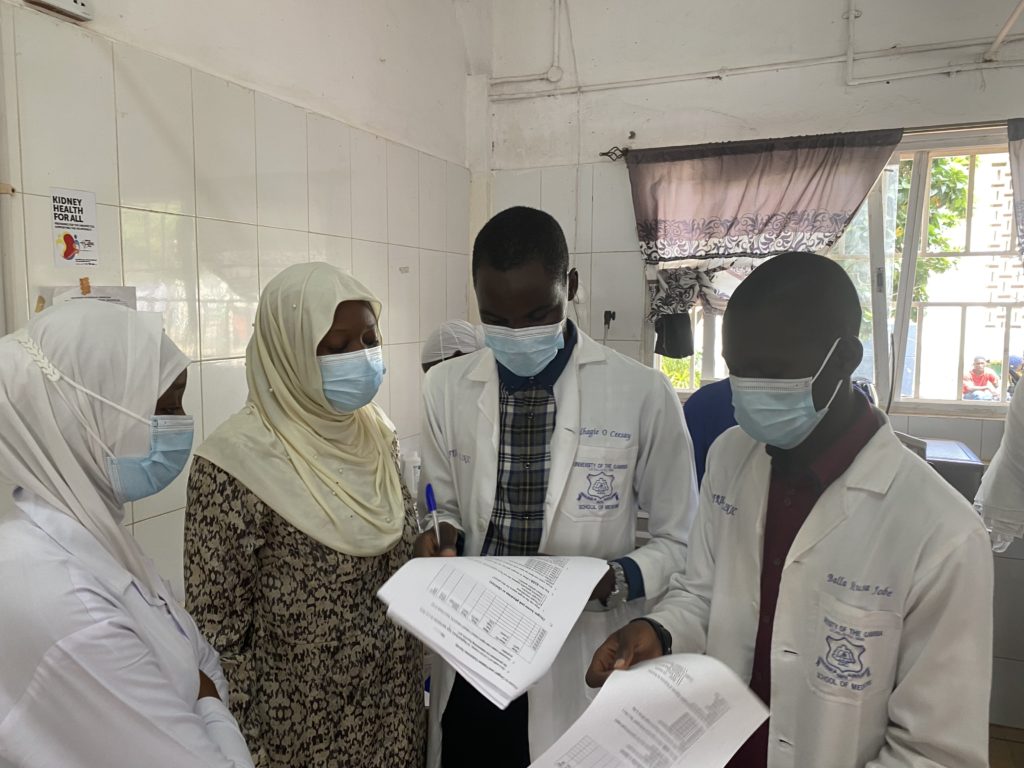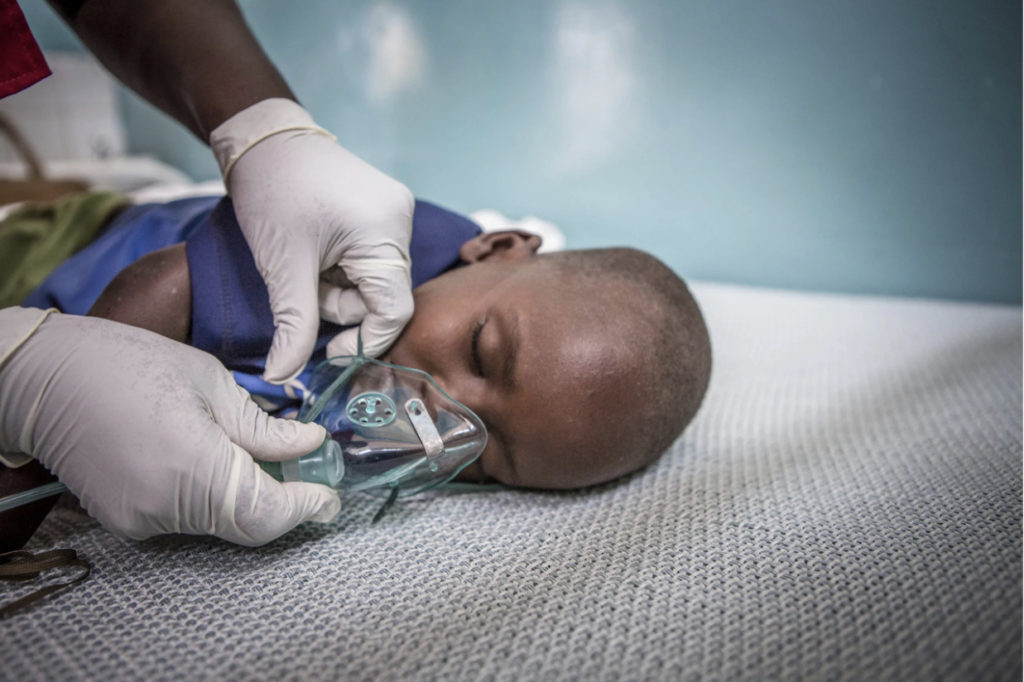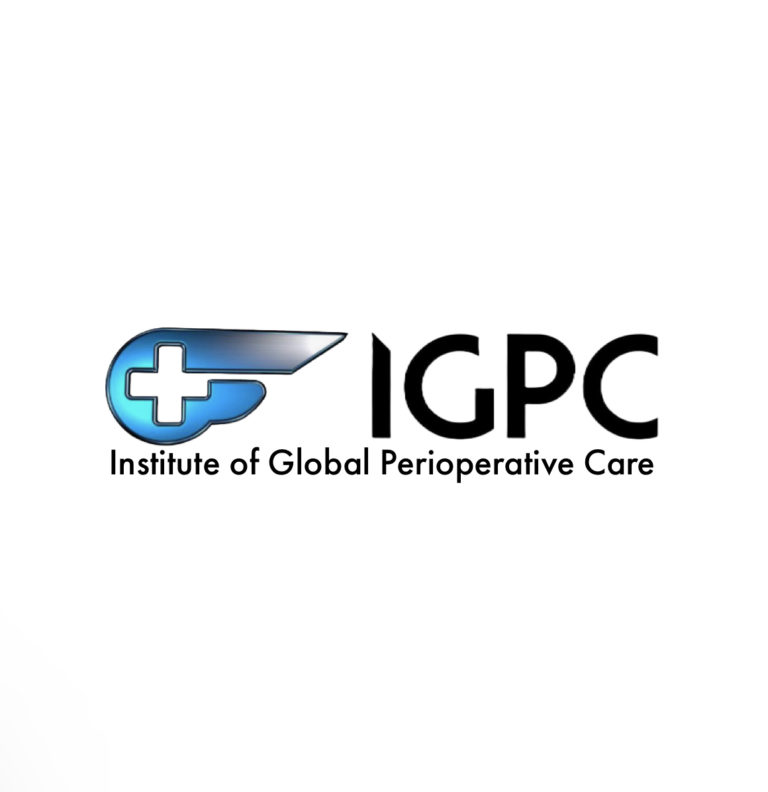MISSION
The mission of the Institute of Global Perioperative Care is to improve health care delivery to underserved populations globally through research, training, clinical care and health system strengthening.
To ensure the availability of medical oxygen to patients in West Africa, SCCM has launched a global health initiative: the Africa Infrastructure Relief and Support (AIRS) project, made possible by a grant from Direct Relief. The AIRS project is in collaboration with the Johns Hopkins Global Alliance of Perioperative Professionals (GAPP) and the Institute of Global Perioperative Care; officials in The Gambia, Liberia, and Sierra Leone will identify specific medical oxygen-related needs, including hospital-based infrastructure, oxygen-generating plants, and solar energy.


AIM
To serve as a multidisciplinary platform whereby public health professionals, nurses, physicians, surgeons, engineers and others can work together for innovative approaches to health system strengthening to lead global health efforts through balanced partnerships with international collaborators and innovative approaches to healthcare problems.
MESSAGE TO YOU
Surgery, anesthesiology and operating room nursing are all historically neglected components of health care systems in many low and middle income countries.
As neglected healthcare components the Institute of Global Perioperative Care is one of the few international non-profit organizations that strategically supports the development of projects that increase the access to safe surgical care through improvements in common problems related to surgery, infection control, anesthesia, nursing and internationally recognized best practices.
The Institute of Global Perioperative Care accomplishes its goals through clinical, education and public health research, the development of key training programs and direct clinical care.
The Institute of Global Perioperative Care distinguishes itself from other organizations in that its primary focus is to strengthen the health systems that it works with. It does this with a specific objective of developing these systems to become self-sustaining, with a goal that later they will not need international medical missions or any other aspect of Western support.

Awards


